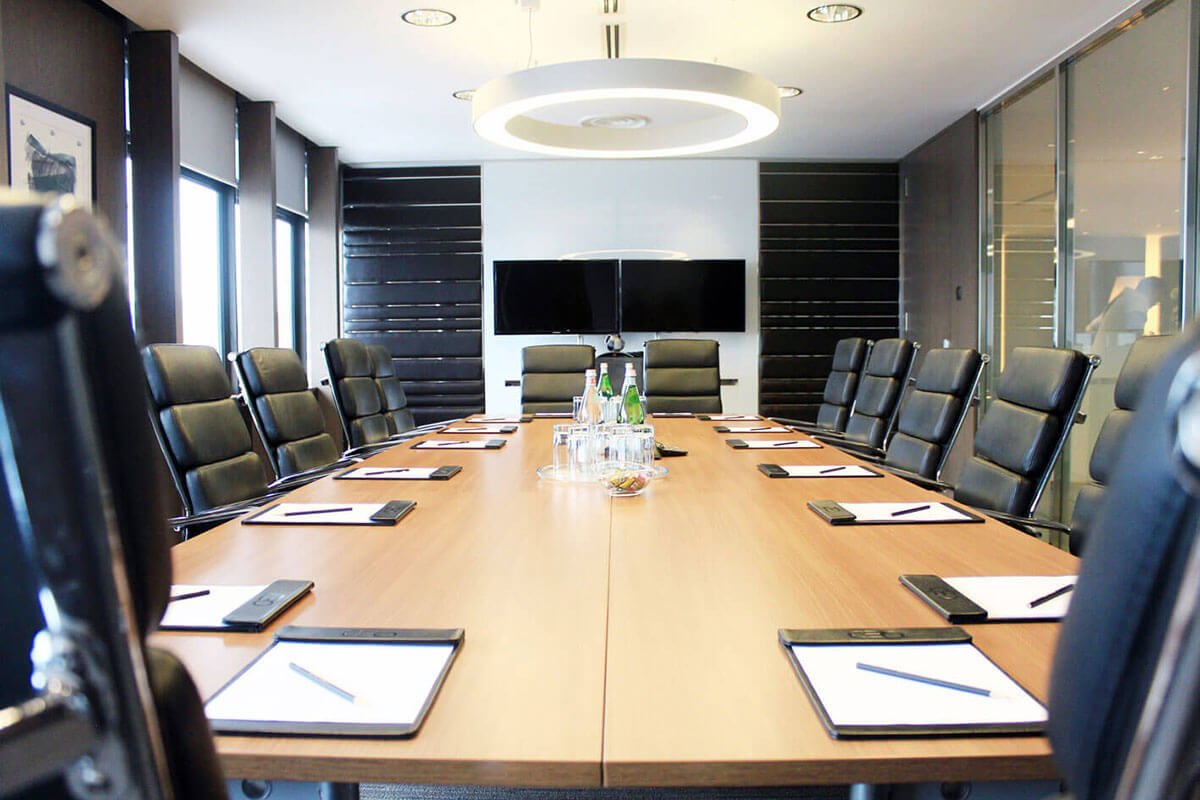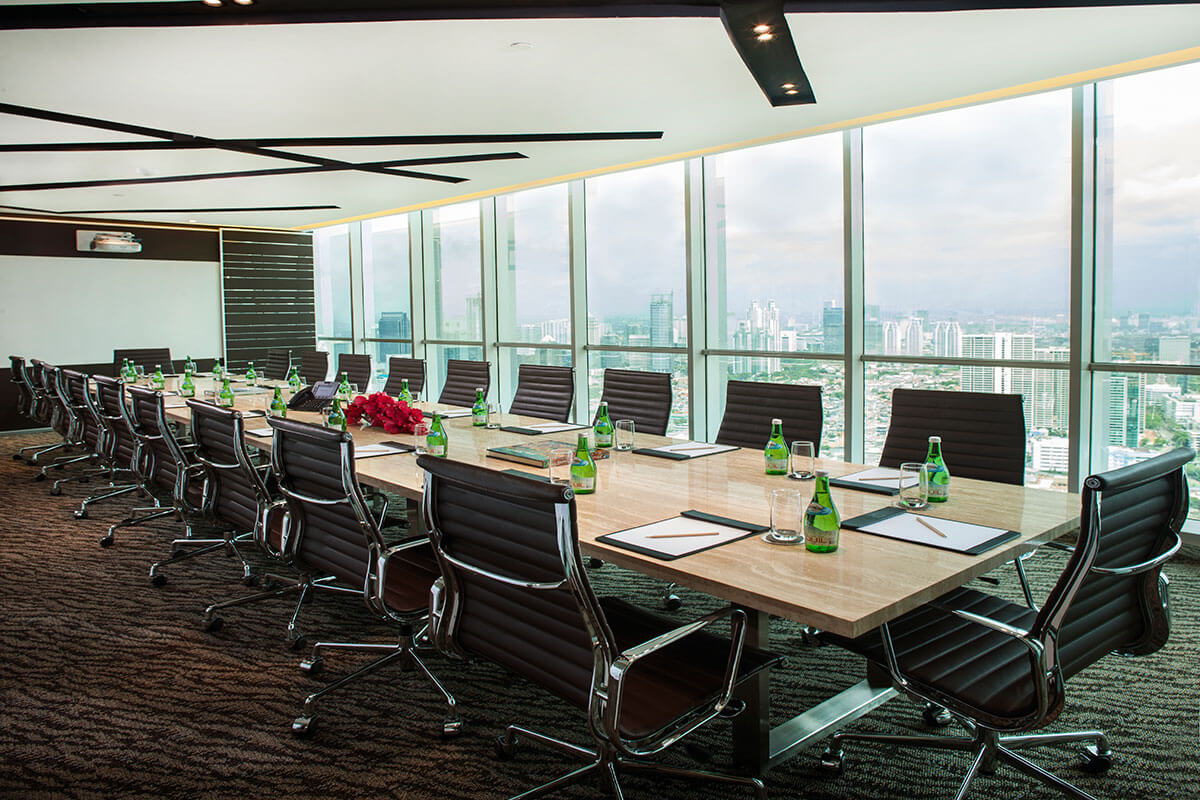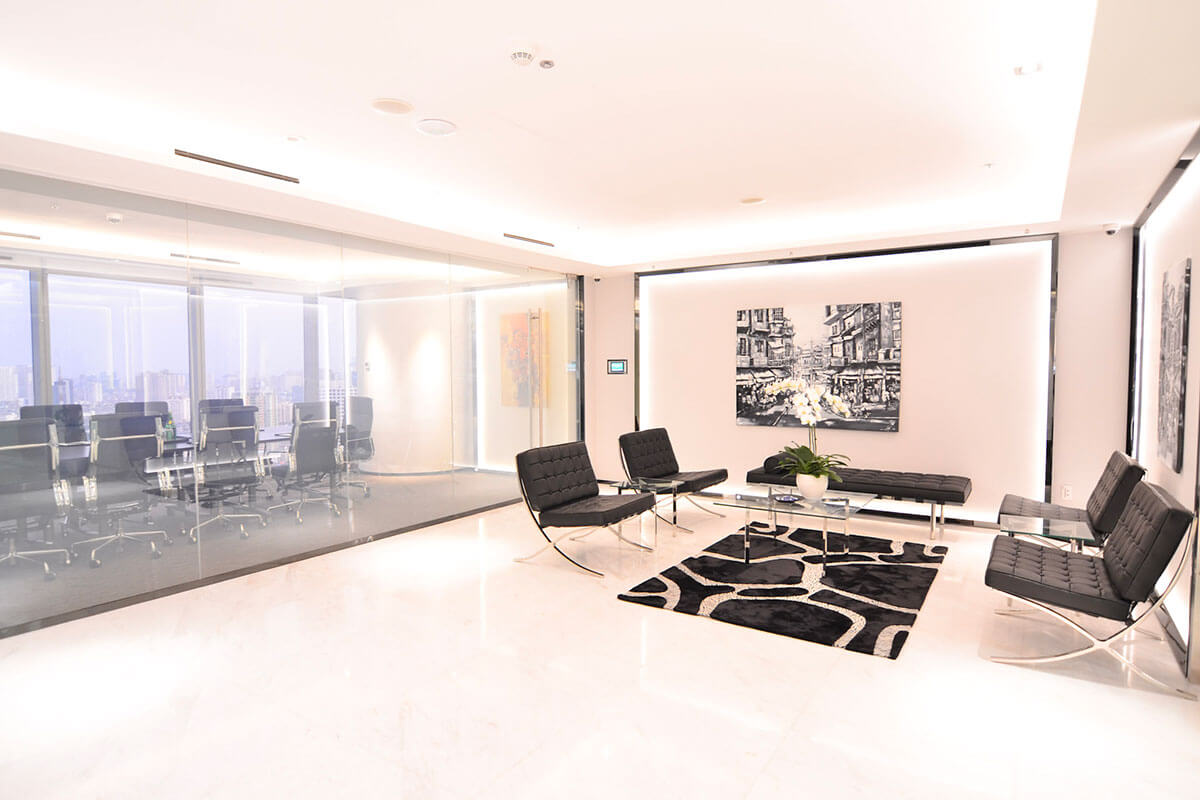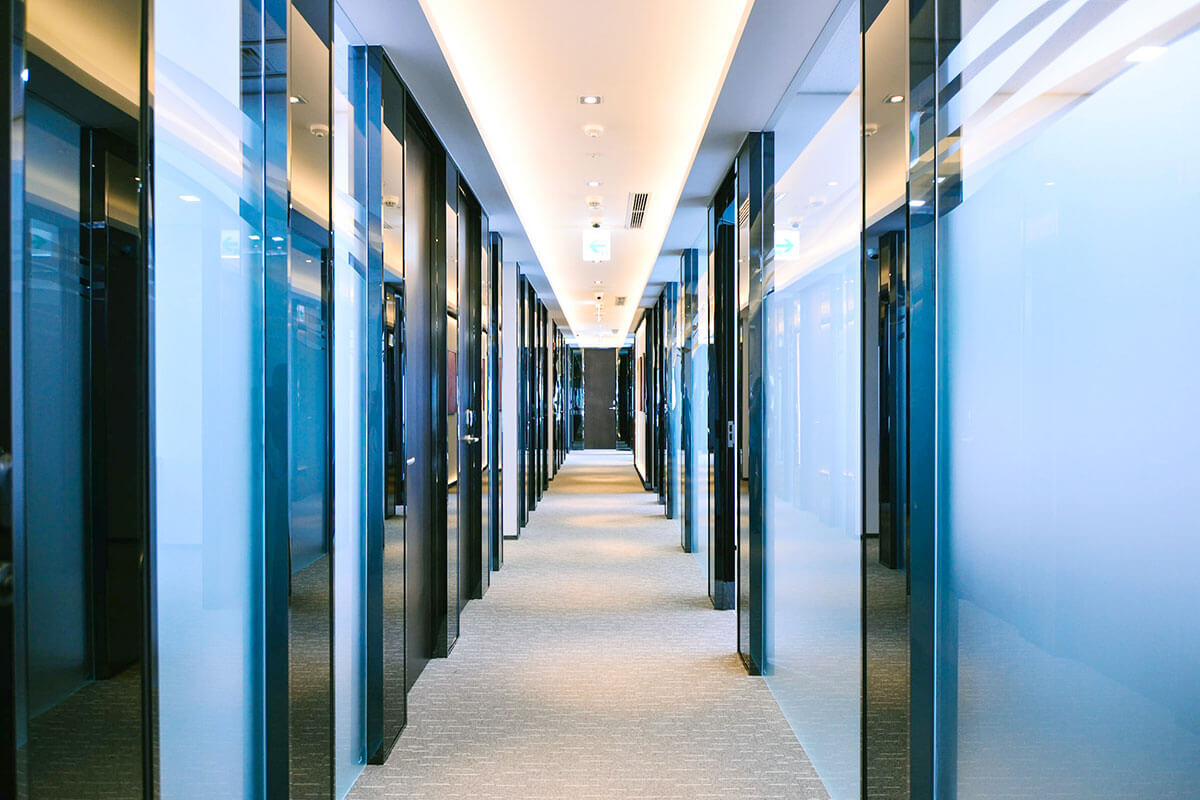The Serviced Office Advantage
They’re not the places for try-luck companies. Indeed, they’re where more and more established firms want to be
The serviced office market is developing into an integral part of both the real estate as well as the corporate worlds, especially in developed nations, thanks largely to the “one-stop” concept it offers, which has given it the edge over traditional office premises.
Just as the serviced apartment has become accepted as a home away from home, the serviced office provides business executives with everything they need in an office, complete with facilities and amenities.
Built-in furniture, telephone and fax lines, internet connection and support staff such as receptionist and secretary, can be packaged together with the premises to help businesses take off almost immediately.
For these amenities and services though, companies will have to fork out extra costs – essentially an all-inclusive monthly fee covering items such as rent, service charge, air-conditioning, lighting, cleaning, and administrative services.
The cost factor
In Malaysia and more specifically Kuala Lumpur, where serviced offices have been around for more than 15 years, monthly fees can be as much as RM6,300, as in the case of a 170 square foot space in the Regus Business Centre (Worldwide). This translates to a whopping RM37 per square foot a month!
In comparison, the monthly rent for a luxury serviced apartment at The Ascott Serviced Residences is “only” between RM12 per square foot and RM17 per square foot, while a traditional office space in the Petronas Twin Towers (where Regus is located) can be leased for a fifth of the cost per square foot.
Undoubtedly, over the long term, a traditional office lease is more economical for a company requiring a significant presence within a building. But it also means that the company would end up paying for its meeting room space when it is not in use.
In a serviced office, however, meeting rooms are available on a pay-per-use basis. Besides that, office space is usually available immediately and already come equipped with telephone and internet lines.
More flexible leases
Although serviced offices may not be suitable for every enterprise, they do work well when there is a short term need for space. In the case of the CEO SUITE in Menara Maxis located adjacent to the Petronas Twin Towers, space is available on a daily, weekly, or even monthly basis. In Regus, the lease term is for a minimum of three months.
Set-up costs are also minimal and fixed overheads can be easily contained as services are provided on a menu basis.
Essentially, market trends are pointing towards a preference among high status end-users for quality space, quality services and quality locations. For this reason, top-end serviced office providers such as the United Kingdom’s Regus and Asia’s CEO SUITE have selected prime spots in order to command business visibility and generate high profile presence.
Regus Business Centre has done the same thing in KL by occupying the 40th level of Tower 2 in the Petronas Twin Towers, while CEO SUITE is on Level 36 of Menara Maxis.
“Virtual offices” another niche service
As with their high profile overseas counterparts, both Regus and CEO SUITE have capitalized on their premier locations by providing “virtual offices” to companies that do not require permanent physical presence in a particular market, but need a corporate image and address to reflect the quality of their businesses.
“Virtual offices”, where users have no formal workstations, come with services such as telephone answering, mail services and a reception desk. As and when needed, firms will pay to use “communal’ facilities such as the conferencing or board rooms, as well as associated services, including catering.
The serviced office business in the matured markets of the United Kingdom, the United States and Australia, is now highly segmented in terms of type of occupier, quality of product (space and services) and quality of location.
Leading the pack is the segment providing “top end” services to blue-chip corporate occupiers and international firms, followed by operators serving the rest of the market comprising smaller firms, start-up companies and self-employed entrepreneurs. For the latter, they have to play a game of catch-up in view of their centres’ secondary locations and buildings.
Services on a menu basis
To satisfy their high-end clientele, top operators are providing a full range of services including video conferencing or reprographics, secretarial services (at additional charges), catering and social facilities. Fees, usually based on a menu system, are derived according to usage and this has proven to be especially attractive for firms needing a base for specific projects or for their satellite teams.
At the lower end of the market, the degree of service provision tends to be quite minimal. Quite often, it amounts to no more than a basic space that is usually unfurnished. In some centres, standard services include a reception desk, telephone and answering services, utilities and cleaning.
From being temporary work places, serviced offices are becoming permanent premises
Permanent base
From being temporary work places, serviced offices in more matured markets are now becoming permanent premises for a growing number of established firms. Most noticeable are those in high technologies, information and communication technologies and firms providing professional business services including management consultancy, recruitment, accountancy, marketing and media.
These companies appreciate the financial and tenurial flexibilities offered by serviced offices in terms of speed of entry and especially speed of exit, as well as their prestigious addresses. These are features making them stand apart from traditional office space providers.
Apr 26, 2013




 English
English
 Bahasa
Bahasa
 日本語
日本語
 한국어
한국어
 tiếng Việt
tiếng Việt
 中文
中文






